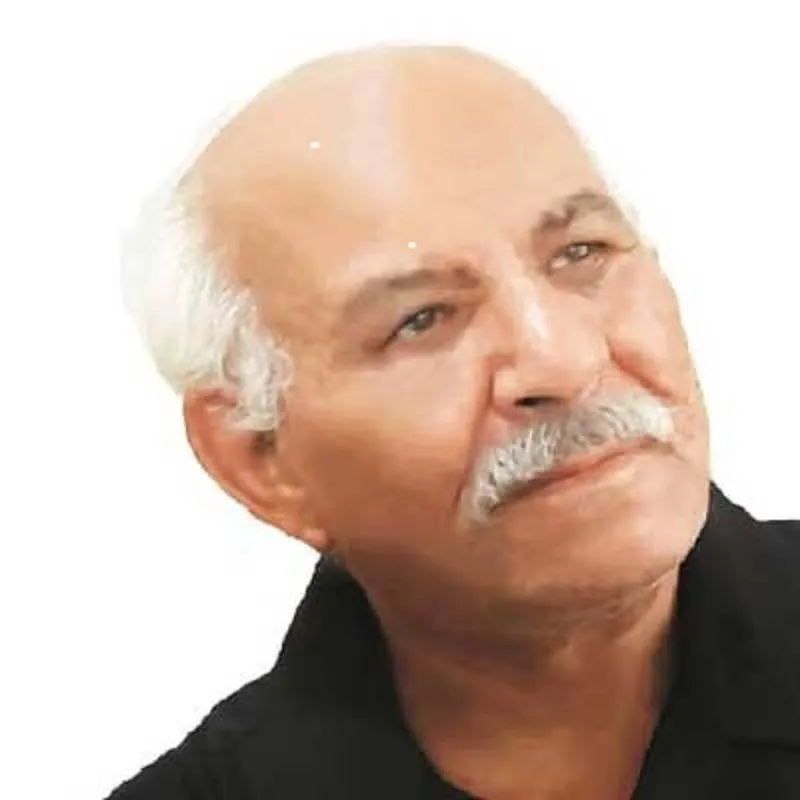Introduction to Abbas Abdul Jassim
Abbas Abdul Jassim, a researcher and critic, has shifted his focus from text criticism to critical thinking, introducing the concept of "post-criticism" and "repression and substitution in the format of writing." This transition aims to impact the critical theory of specializations.
The Transformation of Literary Criticism
Abbas Abdul Jassim believes that literary criticism no longer possesses the elements of strength and dynamics necessary to absorb the complexities of the contemporary historical moment. He describes this transformation as a move towards "critical thought," which enables a wider horizon for understanding problems of the self and the world in the 21st century.
Critical Thought and Cognitive Control
Critical thought is seen as a means for cognitive control in understanding the laws of writing in literary fields, especially after the undermining of traditional critical centralization. This shift has led to the opening up of new problems and the introduction of "post-academy criticism."
The Debate Between Theory and Reality
The critical thought has transformed into a theory that exceeds the limits of traditional critical theory, surpassing the ideas of Adorno, Hokhamir, and Markuz. This transformation is characterized by a debate between theory and reality, with critical research aiming to go beyond prevailing thinking and achieve a tighter, more coherent awareness.
Ibn Khaldun’s Interpretation of the Future
Ibn Khaldun’s concept of time is seen as incompatible with the idea of progressing time. His fear of the future and its potential consequences on the Islamic state led to an inability to speak about it. This interpretation highlights the problem of denying the idea of progress and the dominance of the past over the present and future.
The Future of Literature
Abbas Abdul Jassim believes that literature has reached a degree of decay and is no longer capable of survival. The future of literature is seen as a zero point, where the boundaries between literary genres disappear. This is due to the replacement of writing with literature and the dissolution of literature into the creation of the letter.
The Role of Meta-Stories
Meta-stories have played a significant role in critical lessons, but their successes are seen as limited. The explanation for this lies in the early stage of critical occupations and the struggle between concepts and critical ideas. The rebellious generation of the sixties has reached a dead end, and the need for transformation towards critical thoughts has become apparent.
The Problem of Knowledge in Critical Thinking
The problem of knowledge in critical thinking is understood as a "culture of the literary critic." The writer is not seen as controversial, but rather as an ordinary writer who breaks the style in a different pattern. The difference in writing lies in the power of the signifier and the ability to destroy the authority of the model.
The Relationship Between Periphery Structures
The relationship between periphery structures is characterized by a problematic reality and the refusal to exile with renewed life. The contradictions of critical thinking can be reduced to several problems, including the philosophy of philosophy in critical thinking. The idea of a "problem" is seen as a machine that consists of a glass pipe with disc levels and small colored things that move in the tube, creating images of different colors and shapes.

